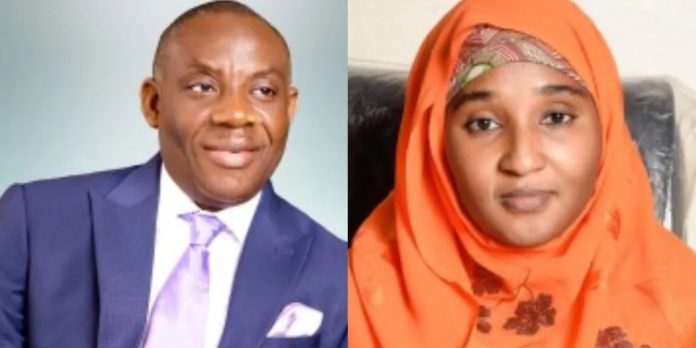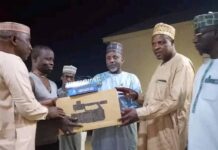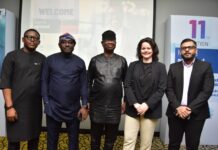By Muyiwa Olaoye
The Dead Horse Theory suggests that when you realize you are riding a dead horse, the logical thing to do is to dismount and move on. However, in real life—especially in bureaucratic systems—people struggle to accept failure. Instead of moving forward, they change the rider, adjust the diet, organize training, set up committees to investigate the horse’s lack of movement, or even commission reports on why it stopped running. Eventually, after much wasted effort, they confirm what was evident from the start: the horse is dead.
This metaphor perfectly captures the state of Nigeria’s education system. While many recognize that the current model is failing, there remains widespread denial about its unsuitability. Nigeria’s educational structure, borrowed from the West, continues to prove ineffective in addressing the country’s unique socio-economic and cultural realities. Yet, instead of rethinking the system from the ground up, authorities resort to superficial fixes—changing curricula, restructuring school years, increasing school fees, and organizing endless teacher training sessions. When these efforts fail, the blame game begins: parents blame teachers, teachers blame students, schools blame the government, and the cycle continues.
The way forward is not more reforms of a broken system but a complete overhaul. Nigeria needs an education system rooted in its own cultural and economic needs—one that prioritizes values, family structure, indigenous history, agriculture, and entrepreneurship. Education should not be treated as a business but as a vehicle for nation-building. A truly Nigerian education system should empower students with the knowledge and skills to develop the nation rather than prepare them to chase foreign validation. Until we accept this reality, we are merely flogging a dead horse.














